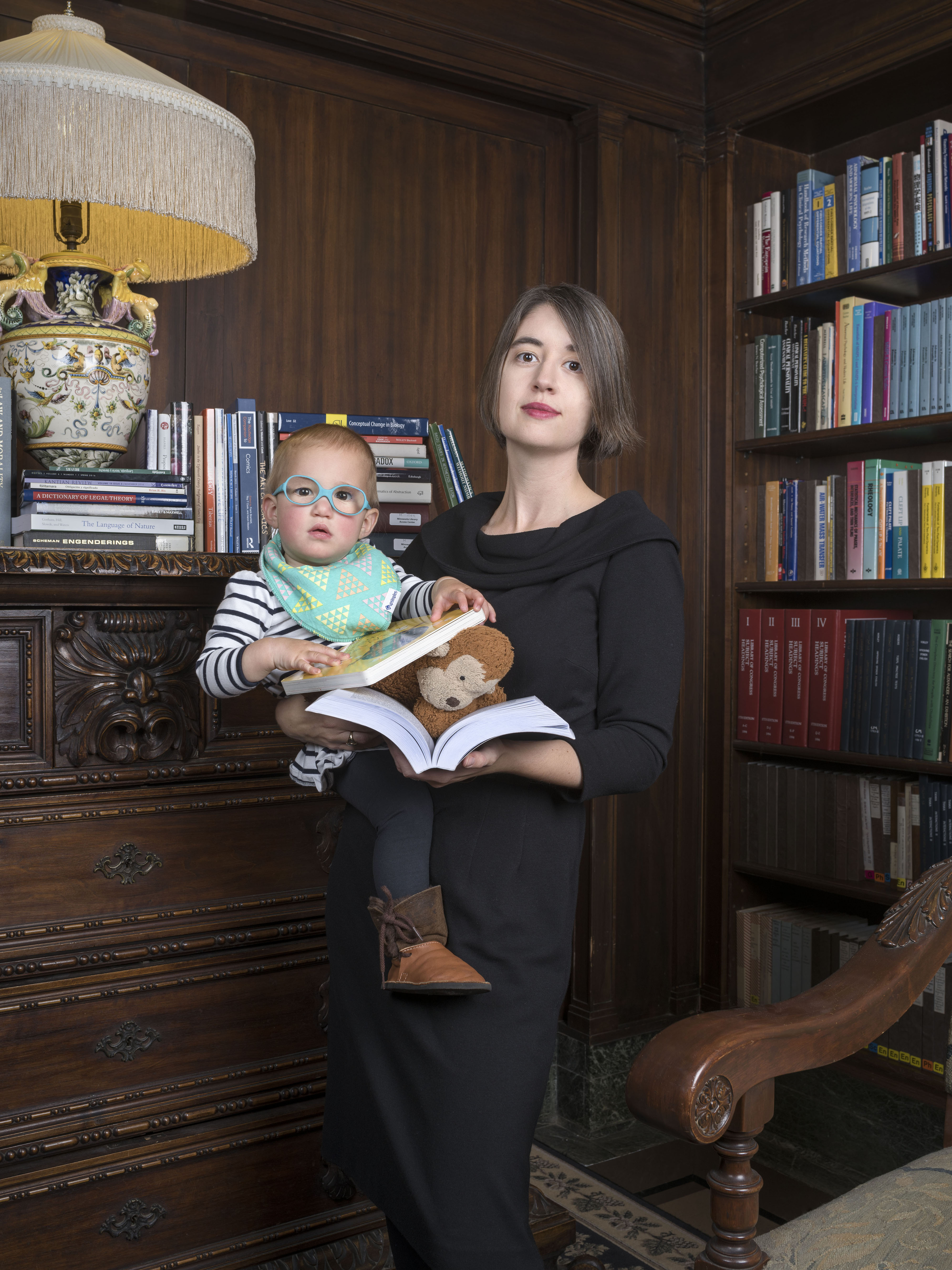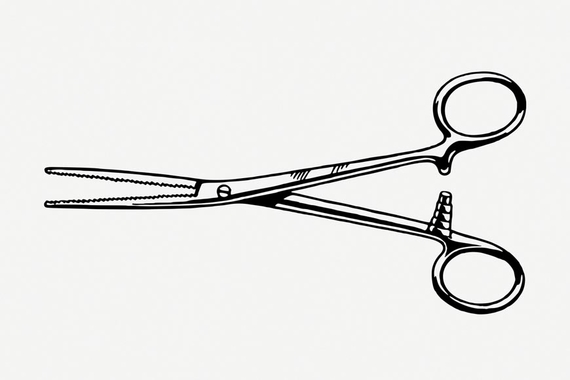On Purpose: Portrait of Philosophy

Philosophy is the oldest academic discipline. Since before there were universities, philosophers have been asking and trying to answer basic and fundamental questions about the nature of reality, knowledge, the mind, language, justice, and the good life.
At the University of Minnesota, philosophy also has a long history. Philosophy was part of the “preparatory department” when the University was first chartered in 1851, and the Department of Philosophy was one of the first departments that formed the College of Liberal Arts and Sciences when it was established in 1869.
Our long history gives us a tradition to be proud of—but tradition can slow progress and innovation. One thing that makes our department stand out is that our history is characterized by embracing progressive change. The first woman to earn a PhD from our department was Alice Mott. She wrote a dissertation entitled “The Ninth Year of a Deaf Child’s Life” (published and issued as a book in 1900, and reissued in 2010 by Amazon Books, and reprinted in 2015). Mott defended her dissertation in 1899, 65 years before Princeton University admitted their first woman PhD student, Sandra Peterson—who eventually became a philosophy professor at the U.
Throughout the 1930s and ‘40s, philosophy was one of the few departments at the University with a woman faculty member, and we have continued to have greater representation of brilliant women on the faculty than other research departments across the nation: our ranks have included Mary Shaw, May Brodbeck, Marcia Eaton, Helen Longino, and Naomi Scheman.
We have also embraced methodological innovation. The Center for Philosophy of Science was founded in 1953 by the philosopher Herbert Feigl, the first member of the famous “Vienna Circle” to immigrate to North America. The center and the philosophy department provided a welcoming environment for Jewish scholars fleeing the Nazis. As the philosophy of science has developed at the U, Minnesota has become known for pluralism; our brand of philosophy of science seeks to promote a plurality of views about science and from a multiplicity of perspectives, including historical and social scientific as well as philosophical.
The photograph features Jessica Gordon-Roth, one of our newest colleagues, a specialist in both John Locke (1632-1704) and feminist philosophy. We think this photo symbolizes the efforts we are making to hang on to what is best in our tradition while embracing new topics and perspectives.


